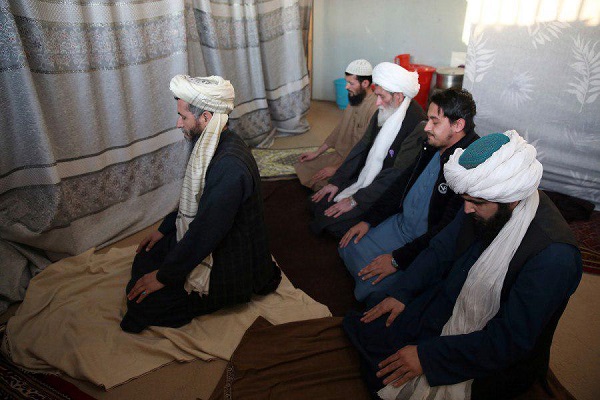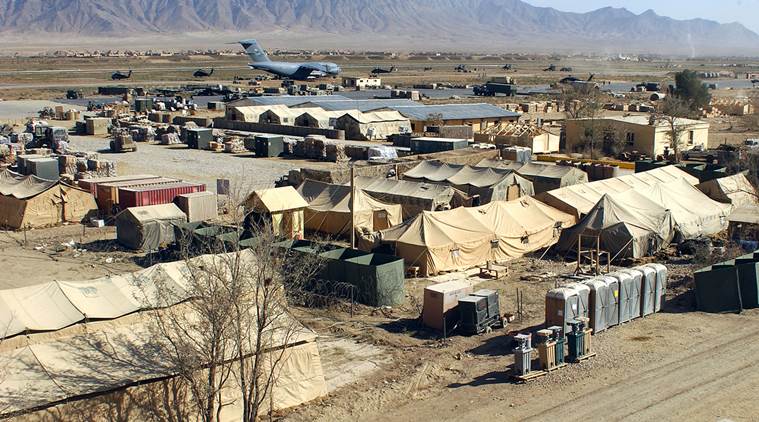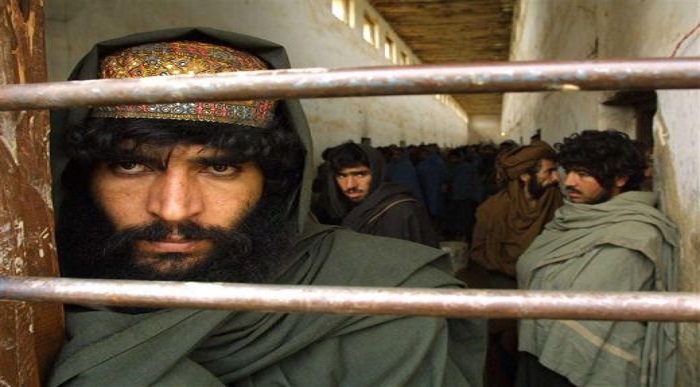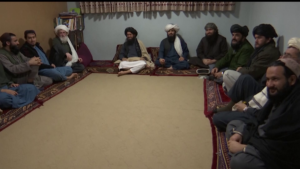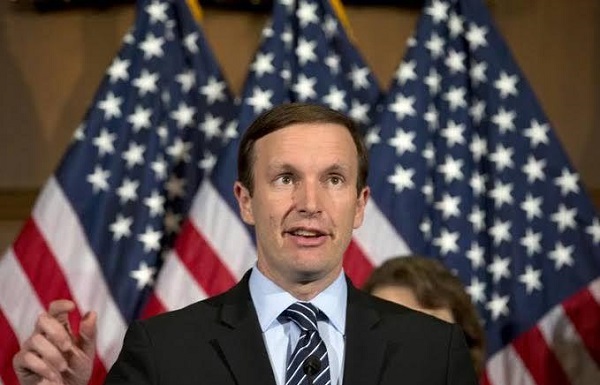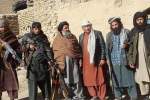Thousands of Taliban prisoners jailed in Afghanistan as insurgents see a peace deal being hammered out between the United States and the Taliban as their ticket to freedom.
Publish dateMonday 30 December 2019 - 16:38
Story Code : 199205
As per AP report, they know a prisoner release is a key pillar of any agreement that brings an end to Afghanistan’s 18-year war, Washington’s longest military engagement.
A list of about 5,000 Taliban prisoners has been given to the Americans and their release has been written into the agreement under discussion, said a Taliban official familiar with the on-again, off-again talks taking place in Qatar. He spoke on condition of anonymity because he was not authorized to speak to the media. U.S. and Afghan government officials have said a prisoner release is part of the negotiation.
But some analysts say freeing prisoners could undermine peace in Afghanistan.
“There’s a need for Afghan and U.S. officials to do their due diligence on any Taliban prisoners they’re planning to release, in order to minimize the likelihood that they’ll set free jihadists that can do destabilizing things and undercut a fledgling peace process,” warned Michael Kugelman, deputy director of the Asia Program at the U.S.-based Wilson Center.
The Associated Press interviewed more than a dozen Taliban prisoners inside the notorious Pul-e-Charkhi prison on the eastern edge of the capital, Kabul. Several of them were nostalgic for the Taliban’s Afghanistan, ruled by the mighty hand of their previous leader, the reclusive Mullah Mohammed Omar, who died several years ago.
But they also insisted that they accept it would not be the same now and that, though they still wanted what they call Islamic rule, they no longer call for some of their strict edicts, like the ban on education and on girls and women working.
“We want women to be educated, become engineers, we want women to work in every department,” said one prisoner, Maulvi Niaz Mohammed, though he said the work must be “based on Islam.” He said young Afghans should not fear the Taliban, “it is they who will build our country and develop it.”
Taliban negotiators have taken a similar tone in the talks. But there is a deep distrust on both sides of the conflict and many in the public worry what will happen if the Taliban, who ruled for five years until they were toppled in the 2001 U.S.-led invasion, regain authority.
A list of about 5,000 Taliban prisoners has been given to the Americans and their release has been written into the agreement under discussion, said a Taliban official familiar with the on-again, off-again talks taking place in Qatar. He spoke on condition of anonymity because he was not authorized to speak to the media. U.S. and Afghan government officials have said a prisoner release is part of the negotiation.
But some analysts say freeing prisoners could undermine peace in Afghanistan.
“There’s a need for Afghan and U.S. officials to do their due diligence on any Taliban prisoners they’re planning to release, in order to minimize the likelihood that they’ll set free jihadists that can do destabilizing things and undercut a fledgling peace process,” warned Michael Kugelman, deputy director of the Asia Program at the U.S.-based Wilson Center.
The Associated Press interviewed more than a dozen Taliban prisoners inside the notorious Pul-e-Charkhi prison on the eastern edge of the capital, Kabul. Several of them were nostalgic for the Taliban’s Afghanistan, ruled by the mighty hand of their previous leader, the reclusive Mullah Mohammed Omar, who died several years ago.
But they also insisted that they accept it would not be the same now and that, though they still wanted what they call Islamic rule, they no longer call for some of their strict edicts, like the ban on education and on girls and women working.
“We want women to be educated, become engineers, we want women to work in every department,” said one prisoner, Maulvi Niaz Mohammed, though he said the work must be “based on Islam.” He said young Afghans should not fear the Taliban, “it is they who will build our country and develop it.”
Taliban negotiators have taken a similar tone in the talks. But there is a deep distrust on both sides of the conflict and many in the public worry what will happen if the Taliban, who ruled for five years until they were toppled in the 2001 U.S.-led invasion, regain authority.
avapress.net/vdcfx1dytw6d10a.r7iw.html
Top hits
